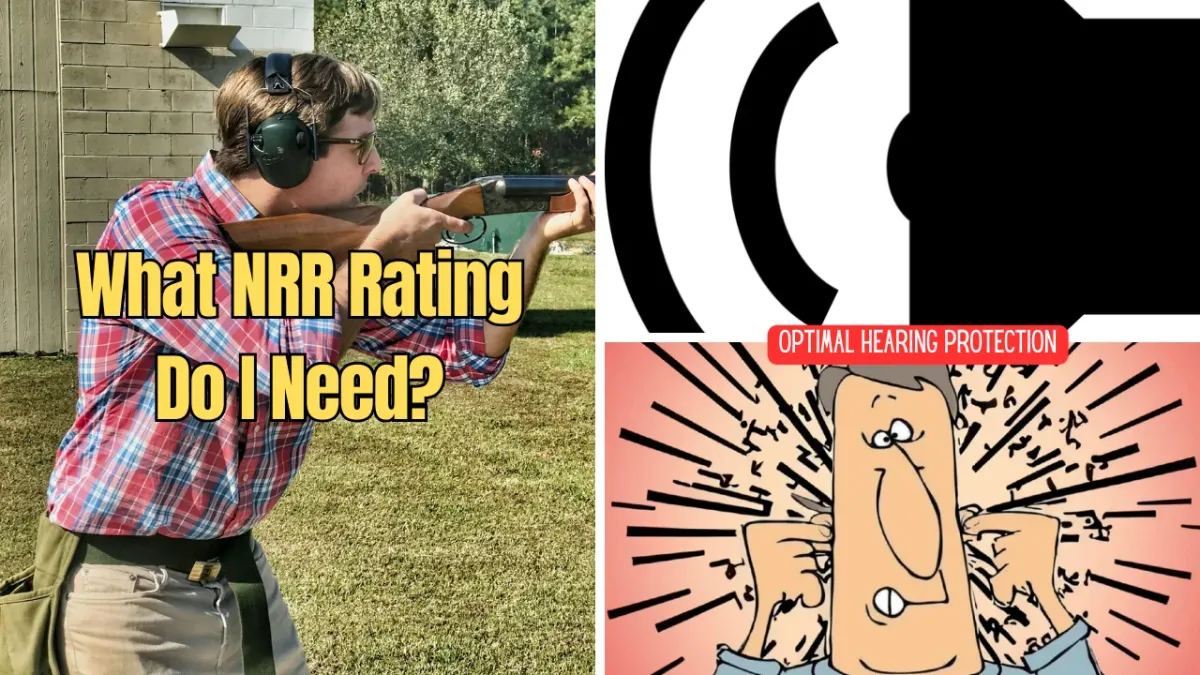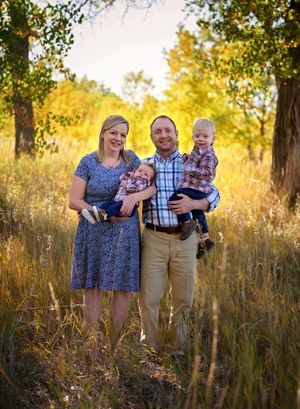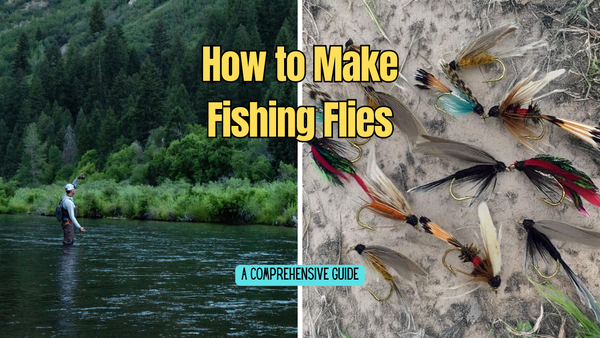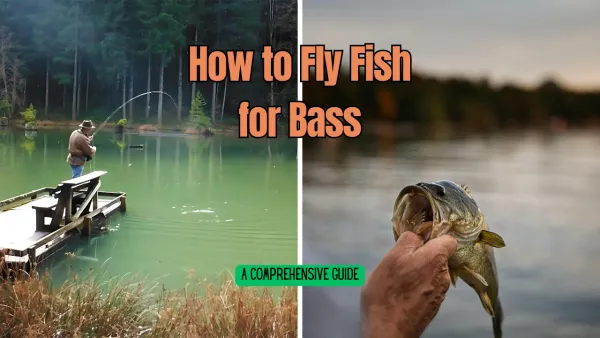Shooting a gun is an activity that comes with its own set of safety protocols, one of which is the use of ear protection. Many shooters, both novice and experienced, often overlook the importance of this safety measure. But what happens if you don't wear earplugs when shooting a gun? Let's dive into the consequences and understand why ear protection is non-negotiable.
Key Takeaways:
- Not wearing ear protection while shooting can lead to permanent hearing loss.
- The noise from gunfire can cause immediate and long-term damage to the ear canal.
- Using earplugs or earmuffs with a high noise reduction rating is essential for adequate ear protection.

The Immediate Impact on Your Ears
The sound of a gunshot is one of the most intense noises that human ears can encounter. Without adequate ear protection, the loud blast can immediately harm your hearing. The intense pressure wave from the noise can damage the delicate structures within the ear canal, leading to temporary hearing loss or tinnitus, a ringing sensation in the ears. Foam earplugs or earmuffs are designed to mitigate this risk by dampening the sound intensity.
Long-Term Consequences of Neglect
Repeated exposure to the loud noise of gunfire without wearing ear protection can lead to permanent hearing loss. This type of damage is cumulative and irreversible, meaning that once your hearing is gone, it's gone for good. The use of foam plugs or devices with a high noise reduction rating is crucial to prevent such long-term effects. It's not just about the immediate discomfort but about preserving your hearing health for the future.
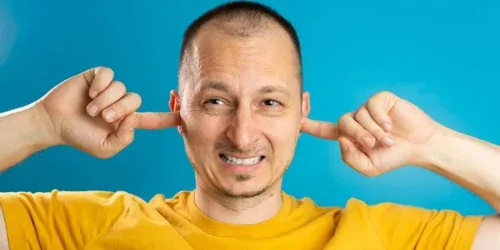
Understanding Noise Reduction Rating (NRR)
When selecting ear protection, it's important to consider the noise reduction rating (NRR). This number indicates how much noise is reduced when wearing the protection correctly. For shooting activities, it's recommended to use ear plugs or earmuffs with a high NRR to ensure that the sound of gunfire is reduced to a safe level. The higher the NRR, the better the protection for your ears.
The Risk of Not Wearing Ear Protection
Choosing not to wear hearing protection while shooting can be a costly mistake. Even a single shot can exceed the safe hearing threshold, and without ear plugs or earmuffs, you're leaving your ears vulnerable. The risk of developing conditions such as hyperacusis, where your ears become sensitive to everyday sounds, is also increased. It's a risk that's easily avoidable by wearing adequate ear protection.
The Anatomy of the Ear and Gunfire
To understand the impact of gunfire on the ears, it's helpful to know a bit about the ear's anatomy. The ear canal is designed to amplify sounds, but it's not equipped to handle the extreme noise of a gunshot. Without foam earplugs or other forms of ear protection, the sound waves can cause the eardrum to vibrate violently, leading to potential rupture or other injuries to the inner ear.
The Role of Earplugs and Earmuffs
Earplugs and earmuffs serve as the first line of defense against the harmful effects of loud noises. Foam earplugs, when inserted properly, can significantly reduce the noise level entering the ear canal. Earmuffs, on the other hand, provide a barrier over the entire ear, offering protection from the concussive air pressure caused by gunshots. Both are effective, but for maximum protection, some shooters opt to use both simultaneously.
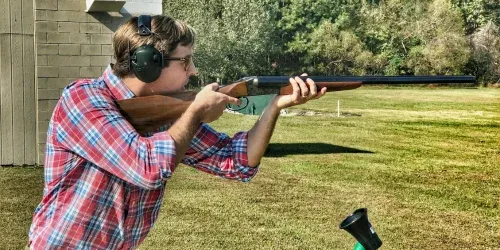
The Importance of Proper Fit
For ear protection to be effective, it must fit properly. Foam earplugs need to be compressed and inserted deep into the ear canal to create a seal. Earmuffs should fit snugly over the entire ear, with no gaps that could let sound in. An improper fit can drastically reduce the effectiveness of the noise reduction rating, leaving your ears exposed to dangerous levels of sound.
Hearing Protection for Different Shooting Environments
The need for ear protection extends beyond the shooting range. Hunting and tactical shooting also expose shooters to harmful noise levels. In these environments, it's essential to wear ear protection consistently. Some earmuffs are designed with electronic components that allow for communication and amplification of low-level sounds while still protecting from the loud report of gunfire.
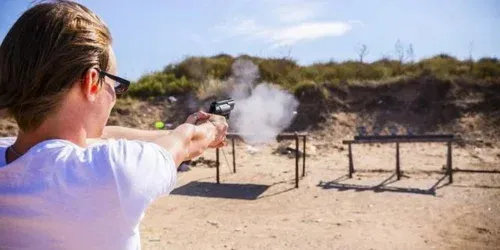
Summary
Neglecting to wear ear protection while shooting can have immediate and long-term detrimental effects on your hearing. The intense noise from a gunshot can cause temporary or permanent hearing loss, tinnitus, and other auditory issues. It's crucial to use earplugs or earmuffs with a high noise reduction rating to safeguard your hearing. Remember, once your hearing is damaged, it cannot be restored.
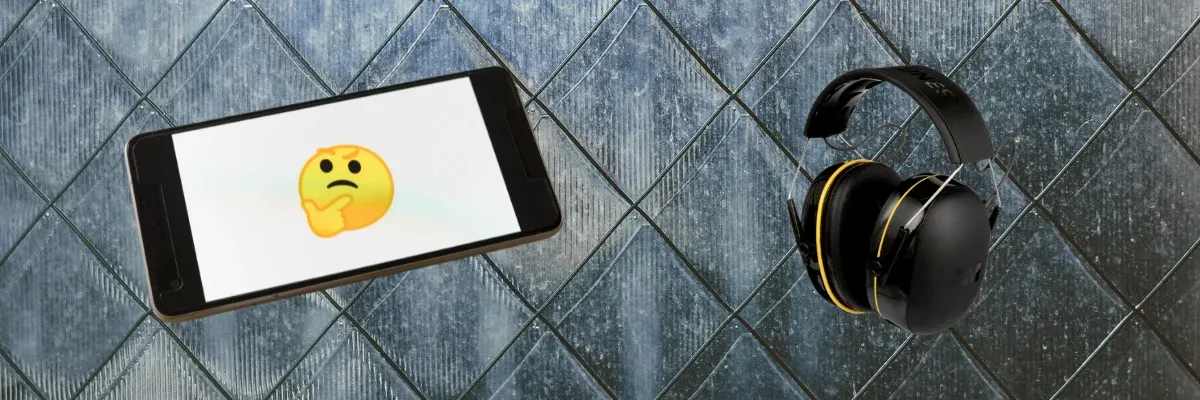
FAQs
Can I experience hearing loss from shooting a gun just once without ear protection?
Yes, even a single exposure to the loud noise of a gunshot without adequate ear protection can cause temporary or permanent hearing loss.
Are foam earplugs enough to protect my ears when shooting?
Foam earplugs can be effective if they have a high noise reduction rating and are inserted correctly. However, for maximum protection, especially in louder shooting environments, combining foam earplugs with earmuffs is recommended.
How do I know if my ear protection fits properly?
Foam earplugs should be compressed and inserted deep into the ear canal to expand and create a tight seal. Earmuffs should cover the entire ear without any gaps. If you can still hear loud noises clearly, your ear protection may not fit properly.
dB damage threshold:
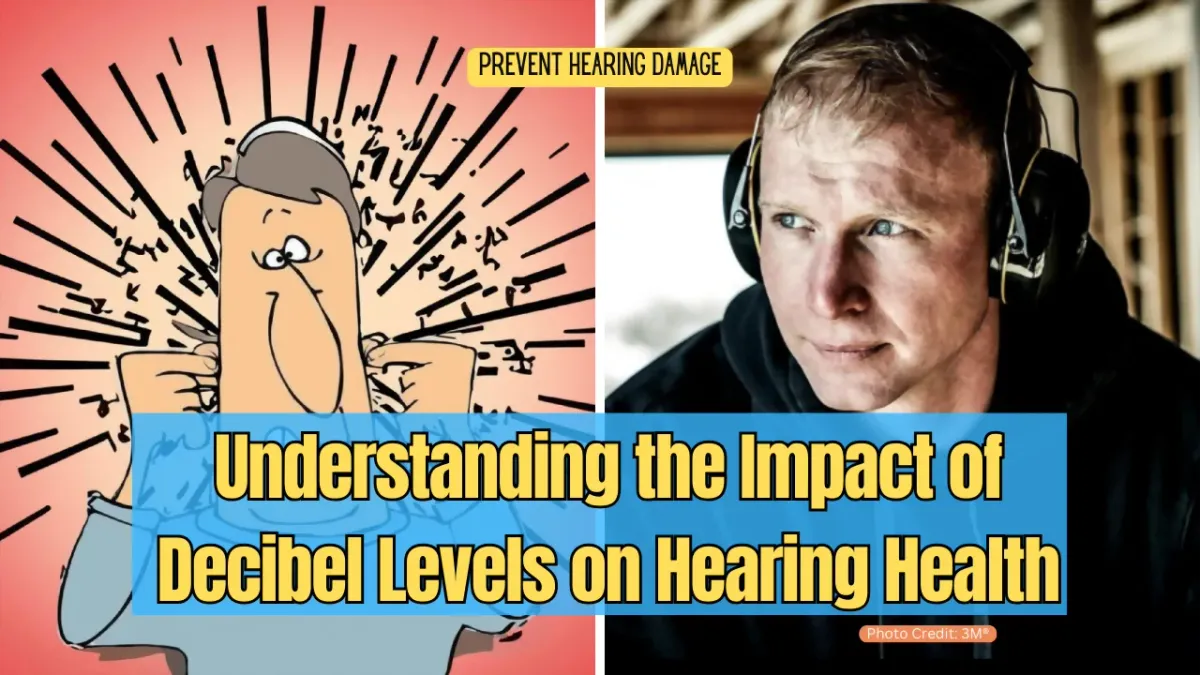
Protect your ears:
